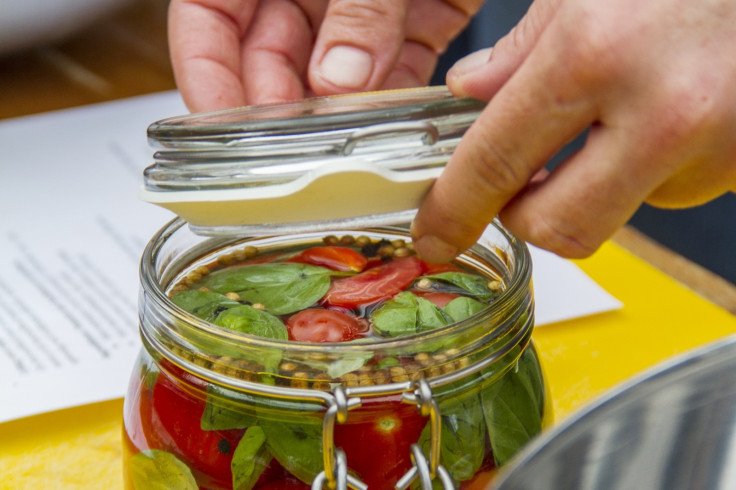'Overly clean' modern life is killing the gut bacteria that could stop us getting sick
Poor gut health linked to asthma, obesity, type 1 diabetes, autism and mental health conditions.

The modern obsession with cleanliness is thought to be killing off the ancient lineages of bacteria that humans have evolved alongside for thousands of years. This could be contributing to the growing prevalence of chronic diseases such as asthma, obesity and irritable bowel syndrome, a new study argues.
The human gut is home to trillions of bacteria, which together make up the microbiome. The health of the microbiome has been linked to mental health, the ageing process and obesity.
Humans have lived and evolved with their microbiomes for many thousands of years. But stark changes to our environment that come with modern life are putting the hard-working microbiome at risk, according to a study in Nature Reviews Immunology.
The overuse of antibiotics, access to clean water, the use of formula milk for babies and the rise of caesarean sections all undermine the health of the microbiome.
All of these modern innovations are double-edged swords. No one wants to return to an era without antibiotics to kill otherwise deadly infections. Access to clean water has massively limited the spread of water-borne diseases in many parts of the world. Formula milk for women who are unable to breastfeed saves children's lives, and caesarean sections are an alternative to complicated births that could otherwise be fatal for both mother and foetus.
The price for all of these could be the spread of chronic diseases caused by upsetting the balance of bacteria in the body, Martin Blaser of New York University's Langone Medical Center writes in the study. These life-saving measures result in poorer transmission and maintenance of good gut bacteria.
We receive our first dose of gut bacteria from our mothers during birth. The baby picks up the beneficial bacteria as it travels through the vagina, which it will carry on its skin and that will eventually enter its digestive system. Micronutrients in breastmilk help to nourish these bacteria.
A continued lack of exposure to healthy bacteria due to clean water, further use of antibiotics, poor diets, smoking and drinking a lot of alcohol all hinder the body's gut bacteria. This in turn weakens the immune system, making it overreactive and increasing the risk of allergies, as well as conditions such as type 1 diabetes and autism.
"I believe that ultimately we will have to restore our lost microbiota to optimise human health and to reverse the disease epidemics that are increasing around the world."
The solution is prebiotic foods, which encourage gut health, probiotic cultures that have been proven to work, targeted drugs or even vaccines, Blaser suggests. But ultimately more research into how the microbiome works would be needed to come up with the best treatments and preventative measures.
"This long-term scientific challenge will require immunologists and medical scientists to work in the interstices of microbiology," he said.
"With the emergence of the microbiome as an unanticipated force of nature, these new ideas must be accommodated into the immunological canon."

© Copyright IBTimes 2024. All rights reserved.






